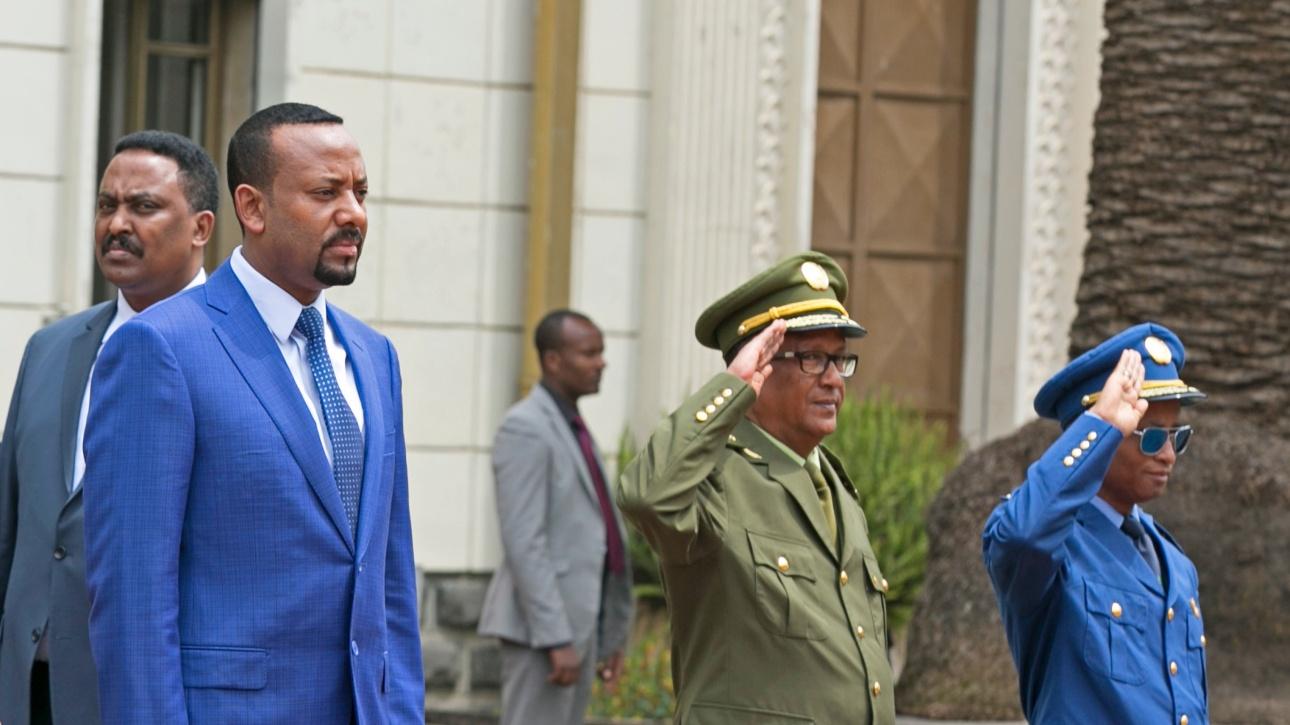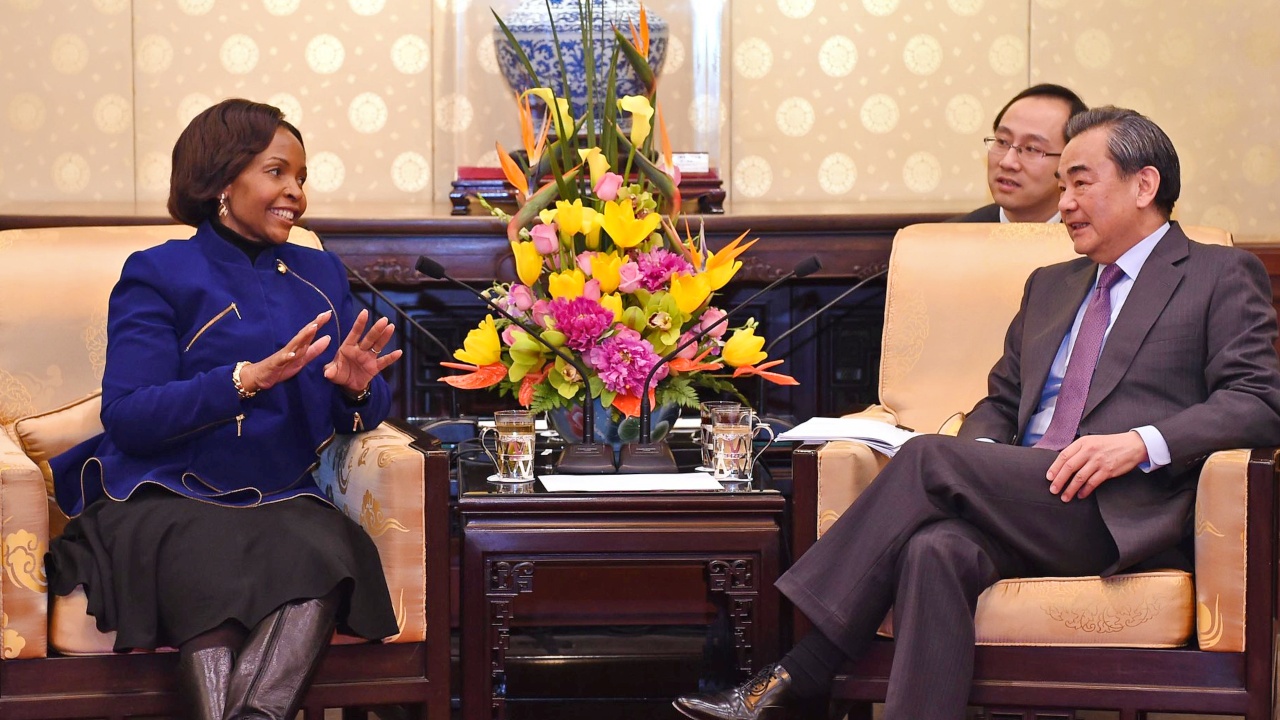The arrival of the Economic Freedom Fighters (EFF), self-identified as a radical party of the far left, has shaken up South Africa’s political system and sought to undermine the accepted political norms. Some have speculated that the country’s largest parties would alter their political discourse to ward off the challenge. New research illustrates that the two established political parties have resisted the temptation to engage in similar rhetorical strategies. However, there is some evidence that these parties have reformed their programmatic offerings and behaviour to thwart the EFF’s appeal.
In the last decade much academic and journalistic ink has been spilt documenting a spectre seemingly haunting all corners of the globe: populism. Academic studies abound examining charismatic leaders feverishly riling up their devoted followers across the Americas, Europe and Australasia. However, much less time and energy have been dedicated to exploring populism’s existence on the African continent. The populism that has been documented tends to take on a more economic character than in the West and reflects the long political shadow cast by post-liberation governments. Given the valuable insights the region’s cases may yield to the broader study of populism, Africa seems an ideal region to test and refine dominant theories. We contribute to this nascent yet growing literature by systematically examining leaders’ speeches and investigating the broader effects of an emergent radical populist challenger.
What is populism?
Across much scholarly work and popular punditry, populism tends to carry a negative connotation. The label is loosely and readily applied to actors who may share very little in common besides behaving poorly and out of line with traditionally accepted political norms. However, as researchers we should push for an objective and systematic analysis of well-specified and measurable political phenomena. As such, we view populism as a set of ideas about the way politics should be exercised. Namely, populists see politics as a colossal battle between the good people and evil elites, and that the goal of politics, above all, should be to represent the popular will, however nebulously and inconsistently that may be constructed.
Populism in Africa
Although populism is a global phenomenon, its variant in Africa shares many similarities to other regions yet with slight differences. Namely, African populists tend to be Marxist-socialist in ideological orientation, stress sociopolitical inclusivity and derive their electoral support largely from co-ethnic and urban constituencies. Many countries across the continent are plagued by rampant socioeconomic inequality, widespread discontent with poor government, and citizen disillusionment with endemic corruption. These conditions breed a fertile environment for populist exploitation.
The EFF and South Africa
South Africa is not immune to these complex sociopolitical problems, and the so-called nine lost years under the Zuma-administration likely accelerated the dwindling support for the long-ruling African National Congress (ANC). The EFF, led by the bombastic and confrontational Julius Malema, has all the markings of an African populist party, challenging the ANC at the ballot box and within traditional political institutions: it espouses a Manichean distinction between corrupt elites and oppressed working-class people. Its programmatic offerings are largely based on a Marxist-Leninist ideology, and it campaigns on ethnicity and firmly injects race into South African politics.
In our study, we find that the EFF’s usage of populist rhetoric was off the charts, while the ANC and Democratic Alliance (DA) were consistently low in their frequency and severity of populist usage. We examined speeches across two electoral cycles and found that neither the ANC nor the DA shifted their public rhetoric to compete or counter the EFF’s populism. Both parties, but the DA in particular, remained firmly committed to their pluralist discourse. These findings held true over time, across party leaders, and electoral and non-electoral contexts.
Although the major parties have not oscillated in their discourse, they have shifted in both their policy offerings and behaviour. Specifically, the ANC has gravitated leftward on land policy, embracing a more extremist position in its policy of ‘Expropriation of Land Without Compensation’. This shift presents a direct threat to the country’s Constitution and the long-held protection of property rights. The DA has mimicked some of the EFF’s political symbolism, wearing berets and uniforms traditionally worn by unskilled workers, and even centred a lot of its appeal around the political ascendancy of its recently departed leader, Mmusi Maimane.
Although our study considers only the discourse of political actors, we offer that the analysis provides valuable insight into how these actors will behave more generally and for whom they will try to offer political representation. The EFF as a radical populist party presents a challenge to the ruling ANC but also the broader South African political establishment. It has repeatedly sought to undermine the country’s democratic norms and institutions. By doing so, it seeks a revolutionary change to the country’s economic and political structure. Its polarising rhetoric and simplification of complex societal problems into a binary worldview risks further weakening the country’s already shaky democratic foundations, the product of prolonged exposure to poor national leadership, economic underperformance and widespread corruption.
Photo: Julius Malema, while still a member of the ANC Youth League. Credit: Gary van der Merwe via Wikimedia. Licensed under CC BY-SA 3.0.






Hi, I am a bachelor’s student doing a research project in this field. I was quite interested in your study but the link took me to a dead end with a onedrive which said the file might have been deleted. Is there a a possibility you could share it again or update the link? Thanks a lot